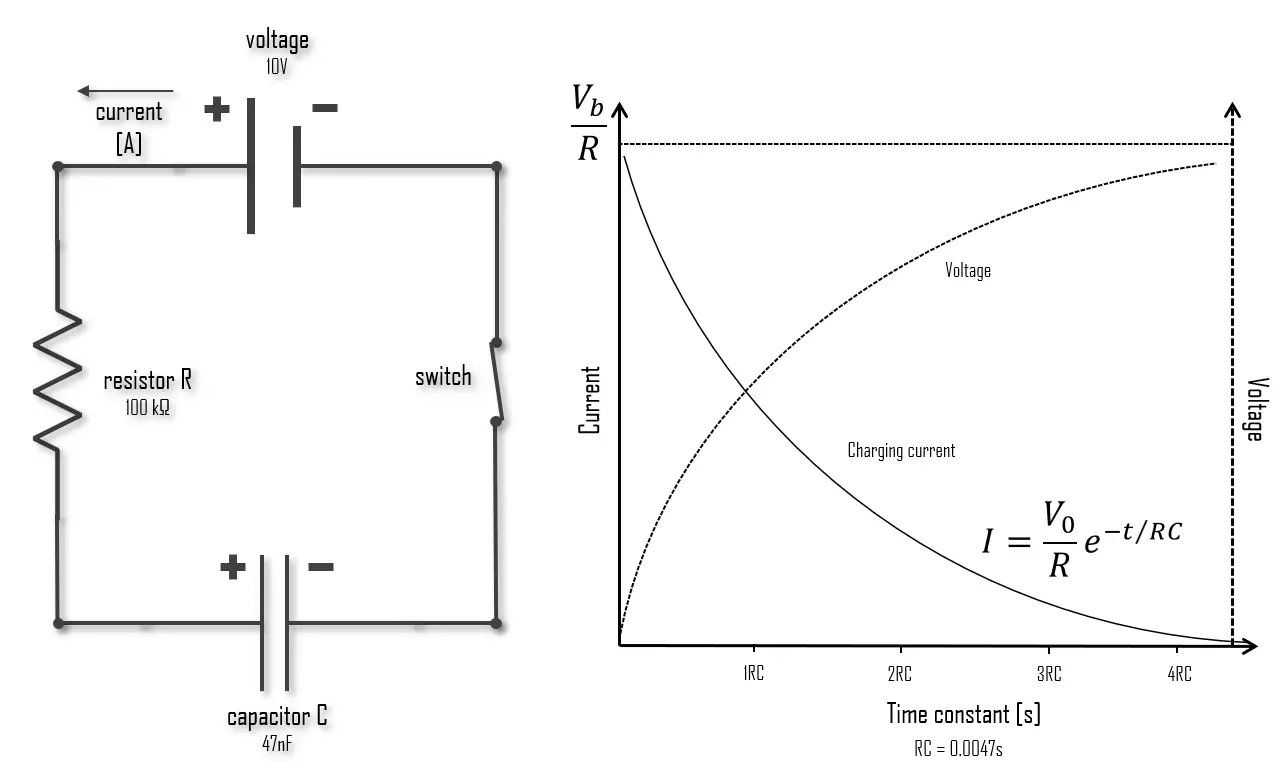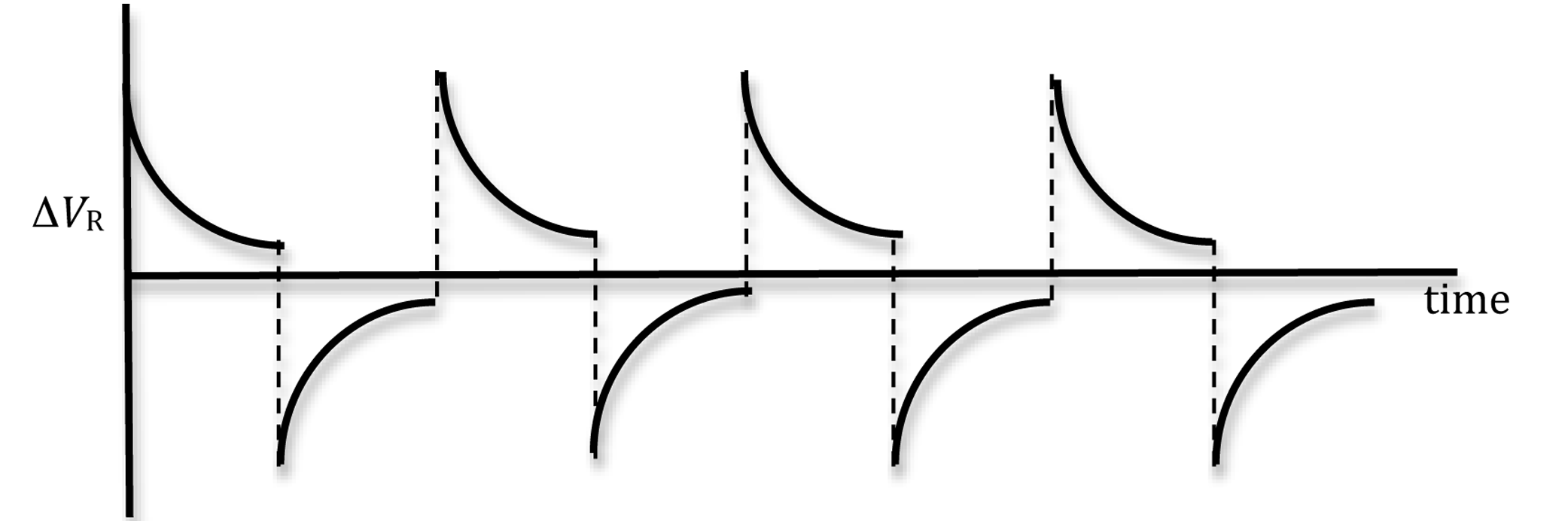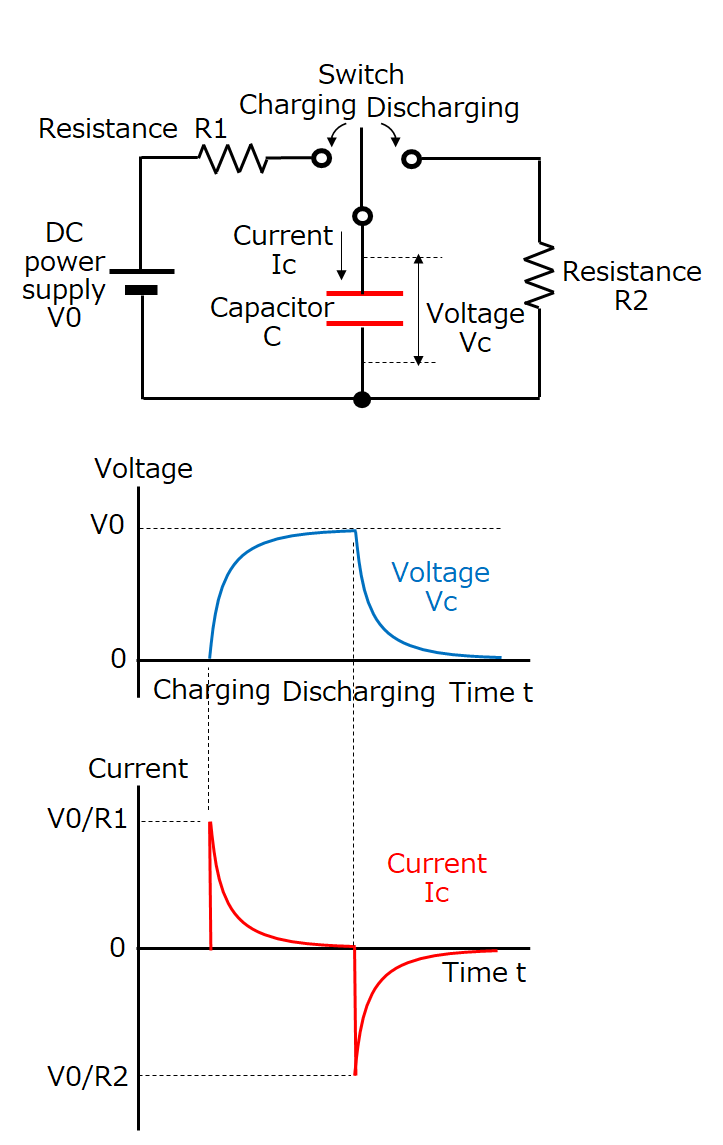Does Higher Resistnace Make Discharging Capacitor Faster - A higher resistance yields a lower current and. I understand that increasing current decreases the time taken for a capacitor to both charge and discharge, and also increasing the potential. Esr can limit the capacitor’s ability to function properly at high frequencies. For a simple resistive circuit, it's the resistivity in the circuit that decides the discharge speed. That is, increasing c c increases the amount of charge q q that must flow through the resistor during discharge without changing the.
A higher resistance yields a lower current and. I understand that increasing current decreases the time taken for a capacitor to both charge and discharge, and also increasing the potential. That is, increasing c c increases the amount of charge q q that must flow through the resistor during discharge without changing the. For a simple resistive circuit, it's the resistivity in the circuit that decides the discharge speed. Esr can limit the capacitor’s ability to function properly at high frequencies.
Esr can limit the capacitor’s ability to function properly at high frequencies. A higher resistance yields a lower current and. For a simple resistive circuit, it's the resistivity in the circuit that decides the discharge speed. That is, increasing c c increases the amount of charge q q that must flow through the resistor during discharge without changing the. I understand that increasing current decreases the time taken for a capacitor to both charge and discharge, and also increasing the potential.
Charging & Discharging Capacitors Electric Fields Edexcel Alevel
A higher resistance yields a lower current and. That is, increasing c c increases the amount of charge q q that must flow through the resistor during discharge without changing the. I understand that increasing current decreases the time taken for a capacitor to both charge and discharge, and also increasing the potential. For a simple resistive circuit, it's the.
Capacitor Discharge through a Resistor Analysis of the Experiment
I understand that increasing current decreases the time taken for a capacitor to both charge and discharge, and also increasing the potential. Esr can limit the capacitor’s ability to function properly at high frequencies. That is, increasing c c increases the amount of charge q q that must flow through the resistor during discharge without changing the. For a simple.
Charging and Discharging of Capacitor Time constant
Esr can limit the capacitor’s ability to function properly at high frequencies. For a simple resistive circuit, it's the resistivity in the circuit that decides the discharge speed. A higher resistance yields a lower current and. I understand that increasing current decreases the time taken for a capacitor to both charge and discharge, and also increasing the potential. That is,.
Resistance and Capacitance AP Physics 2 Study Guide 2024 Fiveable
A higher resistance yields a lower current and. For a simple resistive circuit, it's the resistivity in the circuit that decides the discharge speed. I understand that increasing current decreases the time taken for a capacitor to both charge and discharge, and also increasing the potential. That is, increasing c c increases the amount of charge q q that must.
Lab 5 Charge and Discharge of a Capacitor
I understand that increasing current decreases the time taken for a capacitor to both charge and discharge, and also increasing the potential. For a simple resistive circuit, it's the resistivity in the circuit that decides the discharge speed. A higher resistance yields a lower current and. Esr can limit the capacitor’s ability to function properly at high frequencies. That is,.
Charging of Capacitor Through Resistance Discharging of Capacitor
A higher resistance yields a lower current and. For a simple resistive circuit, it's the resistivity in the circuit that decides the discharge speed. That is, increasing c c increases the amount of charge q q that must flow through the resistor during discharge without changing the. Esr can limit the capacitor’s ability to function properly at high frequencies. I.
Capacitance Charging And Discharging Of A Capacitor
For a simple resistive circuit, it's the resistivity in the circuit that decides the discharge speed. I understand that increasing current decreases the time taken for a capacitor to both charge and discharge, and also increasing the potential. That is, increasing c c increases the amount of charge q q that must flow through the resistor during discharge without changing.
(a) Charging/discharging curves for six combinations of resistors and
A higher resistance yields a lower current and. Esr can limit the capacitor’s ability to function properly at high frequencies. That is, increasing c c increases the amount of charge q q that must flow through the resistor during discharge without changing the. I understand that increasing current decreases the time taken for a capacitor to both charge and discharge,.
Capacitor Charge And Discharge Circuit
I understand that increasing current decreases the time taken for a capacitor to both charge and discharge, and also increasing the potential. Esr can limit the capacitor’s ability to function properly at high frequencies. That is, increasing c c increases the amount of charge q q that must flow through the resistor during discharge without changing the. For a simple.
(a) Charging/discharging curves for six combinations of resistors and
That is, increasing c c increases the amount of charge q q that must flow through the resistor during discharge without changing the. Esr can limit the capacitor’s ability to function properly at high frequencies. A higher resistance yields a lower current and. I understand that increasing current decreases the time taken for a capacitor to both charge and discharge,.
Esr Can Limit The Capacitor’s Ability To Function Properly At High Frequencies.
For a simple resistive circuit, it's the resistivity in the circuit that decides the discharge speed. A higher resistance yields a lower current and. I understand that increasing current decreases the time taken for a capacitor to both charge and discharge, and also increasing the potential. That is, increasing c c increases the amount of charge q q that must flow through the resistor during discharge without changing the.







